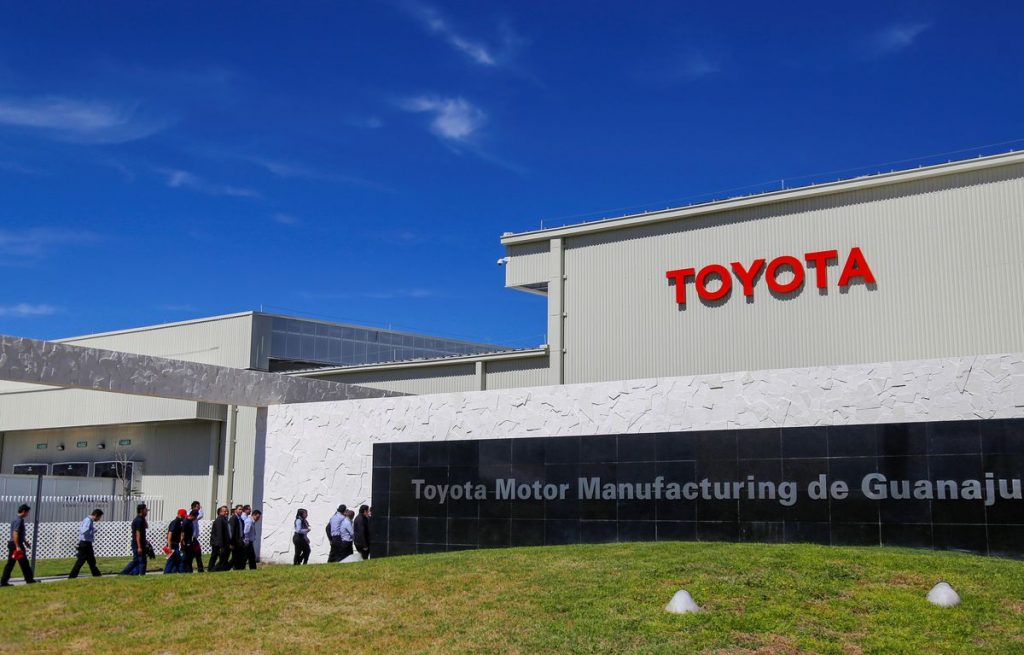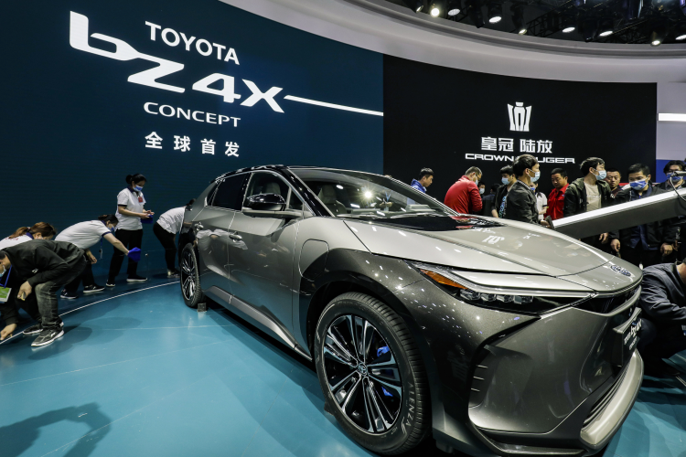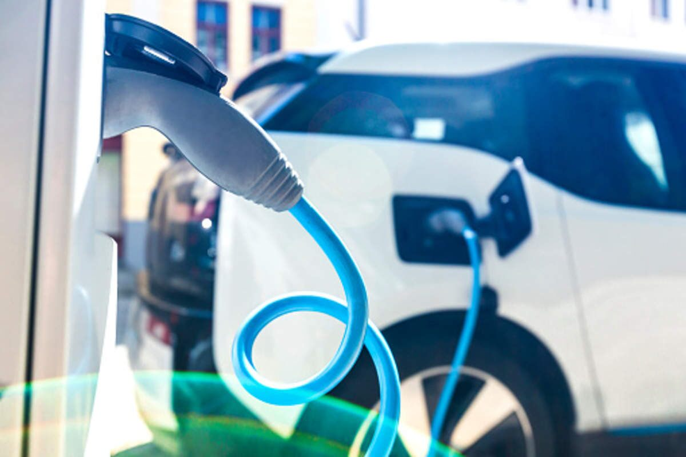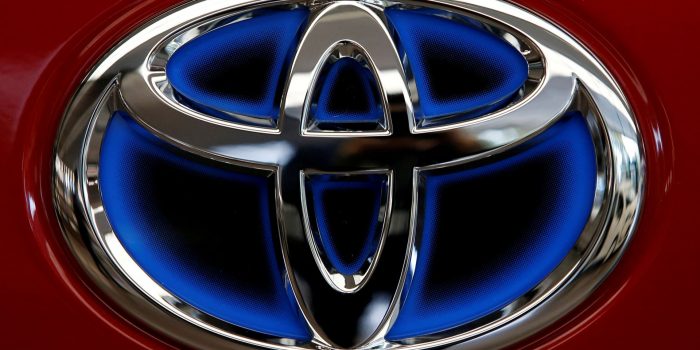Toyota, the largest manufacturer in the world, aims to invest $13.5 billion for the production of batteries and the underlying supply chain in 2030 to stay ahead of the competition in the rising market for electric vehicles and trucks.
While the Japanese automaker has led the industry in the technology of gasoline-electric hybrids, it is striving hard to launch its first all-electric vehicle in 2022.
Toyota has indicated it hopes to reduce its battery costs by at least 30%, mainly by seeking out lower-cost materials and an efficient way of structuring its battery cells.

“For the vehicle, we aim to improve power consumption, which is an indicator of the amount of electricity used per kilometre, by 30%, starting with the Toyota bZ4X,” Chief Technology Officer Masahiko Maeda told a briefing, referring to an upcoming compact SUV model.
In addition, the company also wants to set up 70 electric vehicle battery lines by 2030 capable of producing 200-gigawatt hours of battery power.

According to Reuters, Toyota is primarily interested in manufacturing solid-state batteries, which are more energy-dense than the liquid lithium-ion batteries now utilised in many EVs in the market. Solid-state batteries are less likely to catch fire.
Even though Toyota is dealing with these cells’ limited service life, Maeda indicated that the company’s objective of developing solid-state batteries by the mid-2020s has not changed.
“We are still searching for the best materials to use,” he said.

Solid-state batteries are costly to manufacture and are prone to cracking as they expand and compress during use; therefore, efforts to mass-produce them have stalled.
The company intends to use solid-state batteries in future gas-electric hybrids, including the Prius.

By 2030, Toyota plans to sell 8 million partially or fully electric vehicles with approximately 2 million powered solely by batteries or fuel cells. The remaining 6 million vehicles will be gasoline-electric hybrids or plug-in hybrids.


